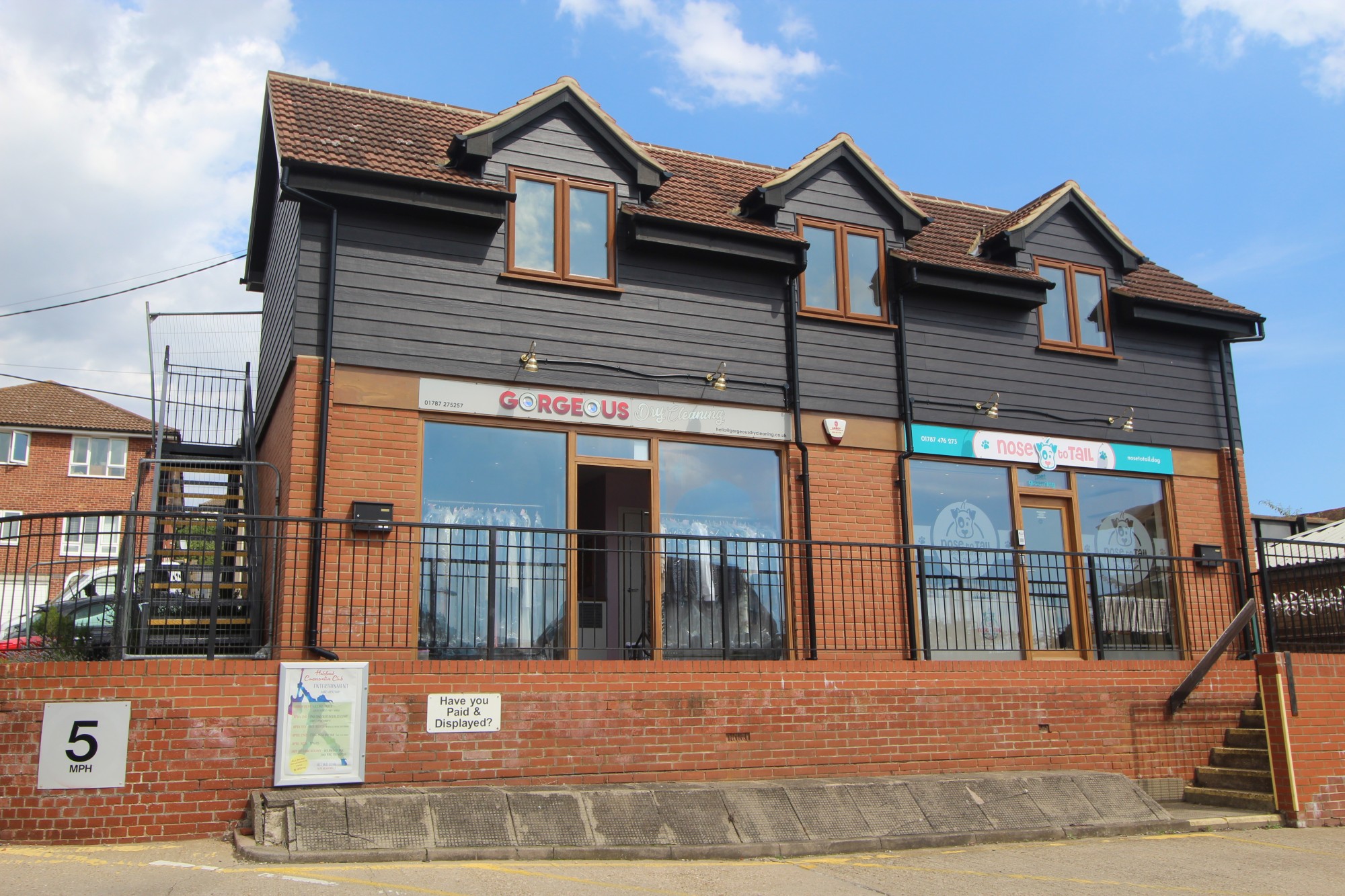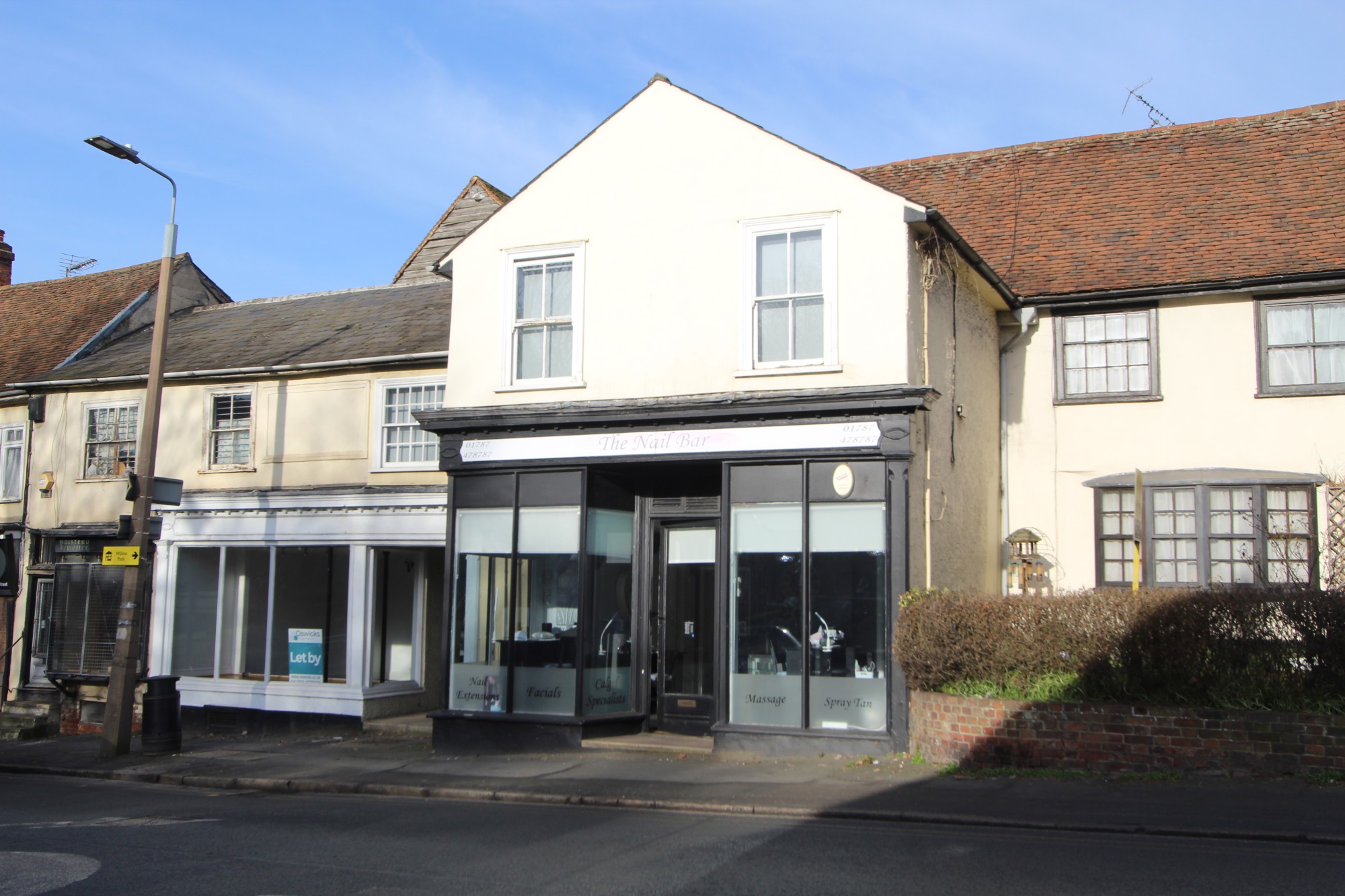
Commercial letting can be quite a straightforward process when armed with the right knowledge. However, understanding the process of letting a commercial property is essential, for experienced property managers and first-time landlords alike. Every step, from finding tenants to securing a lease agreement, plays a role in ensuring the process is both smooth and profitable.
We’ll simplify the whole renting a commercial space thing into easy-to-handle steps. With more than 40 years in the property game, we’ve got some solid tips to help you make wise choices about your lease agreement. From checking out the market to negotiating the lease, we’ll walk you through all the important parts so you can tackle the tricky bits of property management with confidence.
Kicking things off means picking the right commercial space to rent. You've got to get to know the local market, check out what your competition's up to, and know where the hot spots for business are. Scoping out listings and teaming up with letting agents can really help you make a smart choice.
Picking the right tenant is extremely important. Doing a solid background check and checking their finances can help make sure they'll stick to the tenancy agreement. This part might also involve chatting with them or checking references to see if they're trustworthy.
Your solicitor will whip up a lease draft that goes over info like how much rent you'll pay, how long the lease lasts, and any break clauses. Once you both sign it, this document lays out what each of you can expect from the other and it’s legally binding.

Both sides will hash out important stuff like rent adjustments and lease responsibilities. This part is all about finding a deal that works for everyone.
Once the negotiations are complete, the lease agreement is finalised, signed, and possibly registered, depending on its length, ensuring compliance with the privacy policy.
At this stage, the tenant typically pays the initial rent and a security deposit, which is often equal to one month’s rent. The deposit covers potential damages or unpaid rent at the lease's end.
With formalities out of the way, the tenant takes possession. Both parties must stick to the tenancy’s terms, including property upkeep and rent payments.
Below, we’ll break down the essential factors to consider during your search for a suitable commercial property lease.
Understanding the different types of commercial properties—such as offices, retail spaces, or industrial units—helps align your choice with your business activities.
Location is key. Assess local market conditions, transport links, and nearby competitors to make informed decisions when renting a commercial property. Your business success could hinge on these factors, so consider them carefully when making your decision.
A commercial lease details the tenancy’s conditions, such as rent and tenant obligations. Involving a solicitor helps prevent potential disputes down the line.
Both parties’ rights and responsibilities are set in the lease. For example, landlords are generally responsible for structural maintenance, while tenants must comply with use terms.

Adherence to the lease terms is very important for tenants. Failure to pay rent on time or keep on top of the property maintenance could lead to financial penalties or even eviction.
Landlords, in turn, must ensure the property is properly maintained and legally compliant. Neglecting these duties can lead to disputes or legal consequences.
Hiring a solicitor or property agent can simplify the navigating the commercial lease process. These professionals provide expertise in drafting agreements and managing negotiations.
Avoid any misunderstandings by ensuring you have a clear channel of communication. Speaking freely and openly about rent, tenancy duration and responsibilities can foster a positive relationship.
The commercial letting process becomes much simpler when you understand each stage, from research to tenant selection and negotiation of the terms of the tenancy. Professional help and clear communication regarding the heads of terms are invaluable tools in avoiding pitfalls and ensuring a smooth, profitable experience.
By staying informed and setting clear expectations, you can approach the commercial letting process with confidence, turning a potentially daunting task into a rewarding venture.
Oswicks is perfectly set up to guide both commercial landlords and business owners through the key steps involved in the commercial letting process.
We ensure all parties understand the terms of the lease, as it outlines the rights and obligations of both the landlord and tenant. Our experienced team assists in preparing the draft lease, which specifies the premises and the type of lease. We ensure that the lease will be dated appropriately and help file the lease with the land registry to secure the tenant's right to use the property for their business or commercial activity.
We highlight the obligations under the lease that the tenant is responsible for, as well as the responsibilities that the landlord is responsible for. If, for whatever reason, the need to terminate the lease occurs, our experts guide both parties through the process. We'll make sure compliance with all requirements.
At Oswicks, our aim is to ensure that both landlords and tenants have a clear understanding of their rights and duties. Minimising the risk of disputes and fostering a positive relationship is important to us and our reputation.

Market research. This helps you choose the right property based on local conditions and competition.
Critical. Background checks and financial assessments ensure the tenant can meet their lease obligations.
Key terms include rent, lease duration, and tenant responsibilities. Consulting a solicitor is highly advisable to ensure the lease meets all legal requirements.
Look at location, market conditions, and the type of property that fits your business needs.
The key points include rent, lease terms, and tenant obligations. Open communication is key to a successful agreement.
A solid lease agreement is vital. Consulting with a solicitor helps ensure all terms are legally sound and compliant with land registry requirements, especially regarding property tax.
Tenant defaults, maintenance issues, and disputes. Careful planning and proactive management can mitigate these risks associated with a commercial property lease.
Engage professionals, communicate clearly with tenants, and stay updated on best practices.
Timely rent payments, property upkeep, and adherence to regulations are crucial for maintaining a legally binding contract.
Maintaining the property and ensuring compliance with lease terms.
Return to Blog sectionIf you are looking for Estate Agents local to the Halstead, Braintree and Sudbury area please contact us on
01787 477559 or info@oswick.co.uk
to see how we can help.